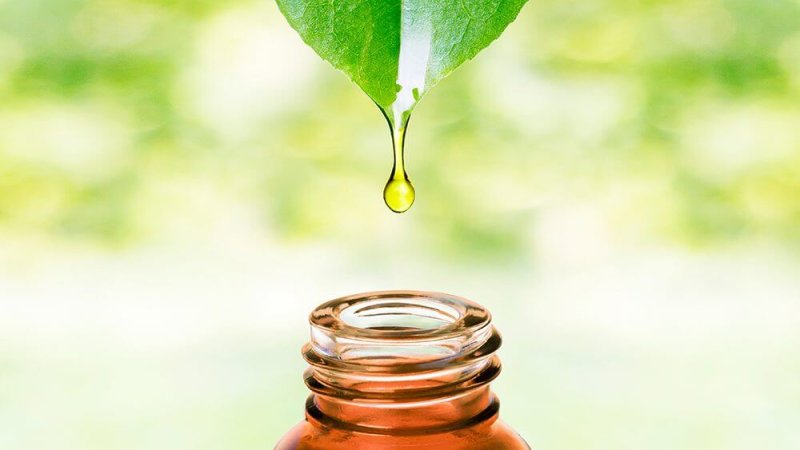Some folks rave about food grown organically, erroneously thinking no pesticides were used in its production, whereas food grown with conventional pesticides is less healthy. But is there really a difference between organic and conventional pesticides? Is it really possible to live without chemicals?
The short answer to the last question is an emphatic no. Life is chemistry. We are all exposed to tens of thousands of chemicals every day, the vast majority of them naturally occurring.
A cup of coffee, for example, has about 1,000 chemicals, the primary one being dihydrogen monoxide (H2O or water). A potato likely has just as many chemicals, including the naturally occurring pesticide solanine.
…
So should we worry about chemicals to which we are daily exposed? Well, it all depends on how much of the exposure one gets, as previously described. We can all be exposed to some chemicals in large amounts, like water, and still be safe or mixtures of chemicals that make up most of our foods.
But we all know that too much of any one thing is likely not to be good for us. This includes natural and conventional pesticides as well as many household products.































